Positivity is Power: 'The Great' Staring Elle Fanning Shows Us Optimism is The Deadliest Weapon of All
"The idea we have to destroy each other to gain is dumb and destructive."
Elle Fanning speaks these words at the end of season two of the hit Hulu series The Great. Fanning portrays the show's namesake, Catherine the Great, through her coup d'etat of Russia and her progressive strive to lead the nation into the future (or at least what was considered the future in the late 18th century). She took Russia over from her mercurial and violent husband Emperor Peter, played by the sensational Nicholas Hoult, in an attempt to bring goodness, science, and reformation to the country.
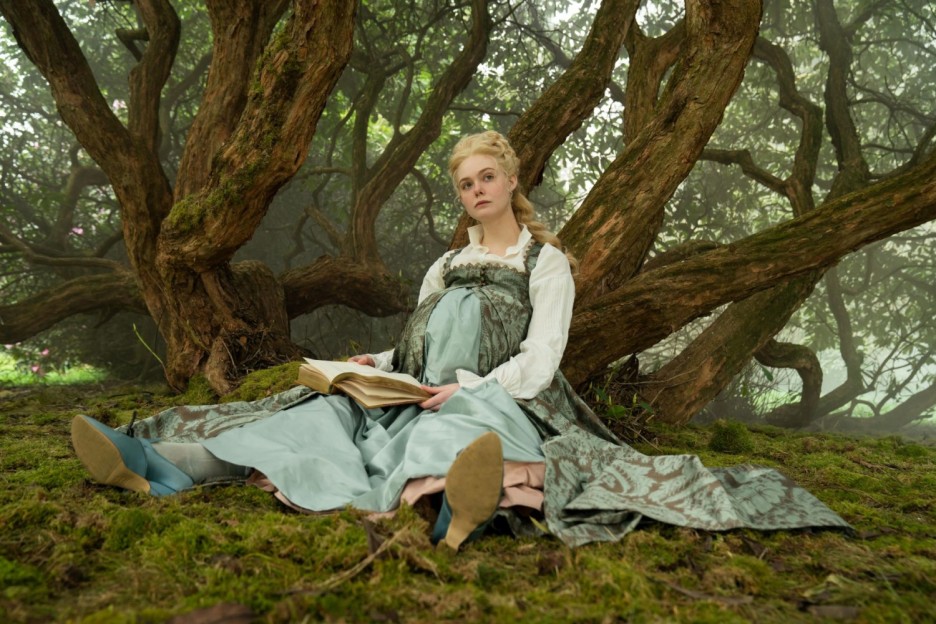
In a world full of historical shows, why does The Great stand out? Is it their hilariously irreverent and modern way of speaking? Is it the impressive girl-power progress of a famous ruler in a time when women weren't known to have much, if any, or a say? Is it the simple pull that historical dramatic irony holds on the modern day?
No. It is the optimism.
The Great operates as a historical, female centralized Ted Lasso (with a lot more killing). Catherine seeks to inspire rather than scare. She is hopeful rather than homicidal. She takes on each day's challenge with the tenacity of someone that will get it done and will get it done her way. Optimism and positivity are not weaknesses. They are the greatest strength in any battle, metaphorical or otherwise. There is a condition among people in the modern day which suggests that only those who are deadly, morbidly serious can be successful. Hope and optimism are cast off as childish whims: ones that, if you continue to maintain them, imply that you have not had to face the harsh realities of the real world. If you maintain an optimistic spirit, society will quickly cast you off as an airhead, not equipped to take on any responsibility or leadership. The Great proves this wrong. With the confidence, intelligence, and strategic mind of Catherine coupled with the unyielding optimism and emotional openness that she radiates allow her to be a ferociously powerful leader and The Great to be a phenomenally radical show.
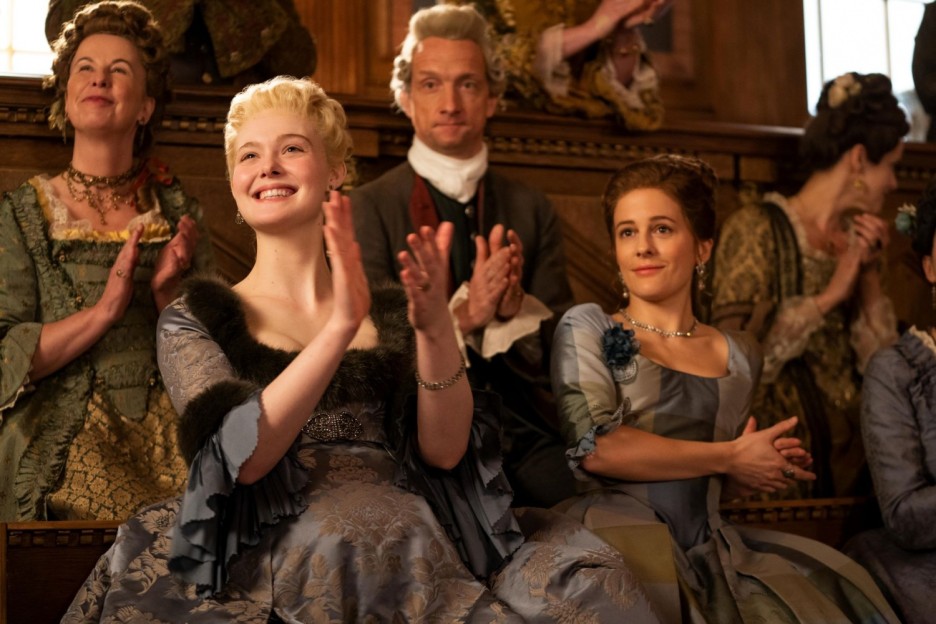
Catherine's prevailing optimism in a world constantly confronting her with bleak and depressing crises requires an unparalleled amount of strength. The leader continues to flex this muscle. She rises to power on a platform of more education, better equality, and less bloodshed. Where other leaders in the litany of historical dramas we have seen fall prey to the pressures of the job and age-old notions that, "absolute power corrupts absolutely," Catherine remains steadfast. How? She has the strength and courage to remain true to what she believes in. Positivity is a critical part of success. takes courage to stand your ground, intelligence to plan a map for your optimism, and optimism to believe it all just might work. When members of her team worry that her bold ideas, such as opening a girls' school, will not work, she stands true to herself. Success is the outcome. If your hope for success remains untenable, there is no chance of a beneficial outcome. This goes into the modern mindset of manifestation. Manifestation, or the idea of utilizing a positive mindset to attract what you want in life, is not backed by hard science; however, that does not mean that there are not some truths within the logic. In an article on Psychology Today Tchiki Davis, Ph.D. wrote:
Research by Dr. Carol Dweck clearly shows that believing you can do something makes it more likely that you'll successfully do it. That means that our beliefs about our ability to learn, grow, and succeed-our growth mindset-can indeed affect whether we effectively manifest what we desire. Importantly, this research suggests that if we truly believe we can achieve something, we are willing to do the hard work to achieve it... Ultimately, the science suggests that our beliefs bring about behaviors (and responses from others) that lead to the outcomes we desire.
Catherine has mastered the art of the growth mindset. It is through her ironclad focus on specific goals, her drive to work towards them, and her resolute drive to succeed that she finds the success she does.
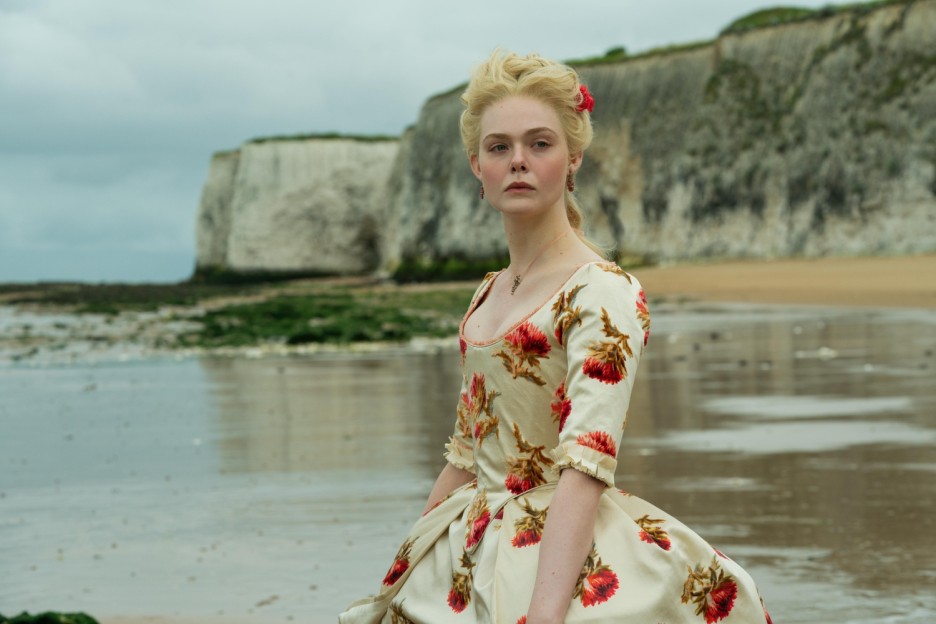
Optimism cannot exist without an open acceptance and awareness of the capacity and breadth of the spectrum of human emotion. While Catherine is an optimist, her optimism is not blind. She does not just say, "everything will be okay," and continue down unsuccessful paths. Instead, she lets herself feel. Early on in her time as empress, she tries hitting herself in the face to keep herself from crying about the death of her love Leo, played by Sebastian de Souza. However, through the help of many in her life, including her friend Marial, played by Phoebe Fox, she learns that she must allow herself to experience the whole range of her emotions: she has to cry, laugh, yell. Through allowing herself to experience the whole range of human emotion while keeping her eyes set on her ultimate goal, she is able to proceed on with a more feeling heart, a more open awareness to what needs to be done, and a more revitalized confidence in success. Studies have shown that not allowing yourself to feel grief keeps you from feeling joy. In a Psychology Today article, Jennifer Rollin MSW, LCSW-C writes:
The reality is that you cannot selectively numb emotions. Using negative behaviors to avoid your feelings may help you experience less sadness and anger, but they also stop you from feeling happiness and joy. Part of the amazing thing about being human is that we are able to have a range of emotions. Experiencing sadness and hurt is part of what makes it so incredible to feel joy and happiness.
It is inhuman and unreasonable to remain joyful all of the time. Allowing yourself to truly feel sadness actually paves the way for more perfect optimism. Peter, prior to Catherine's coup, spent his time forever chasing a good time. This created a sense of numbness: numbness to the joy and numbness to the killing he was constantly doing in court. Catherine, however, by letting herself cry, grieve, feel, and anger, all the while maintaining an optimistic eye and outlook set on accomplishing her goals, allows for her to feel more deeply for herself and for the Russian people. Feeling is not a weakness. It is, in its entirety, a strength.
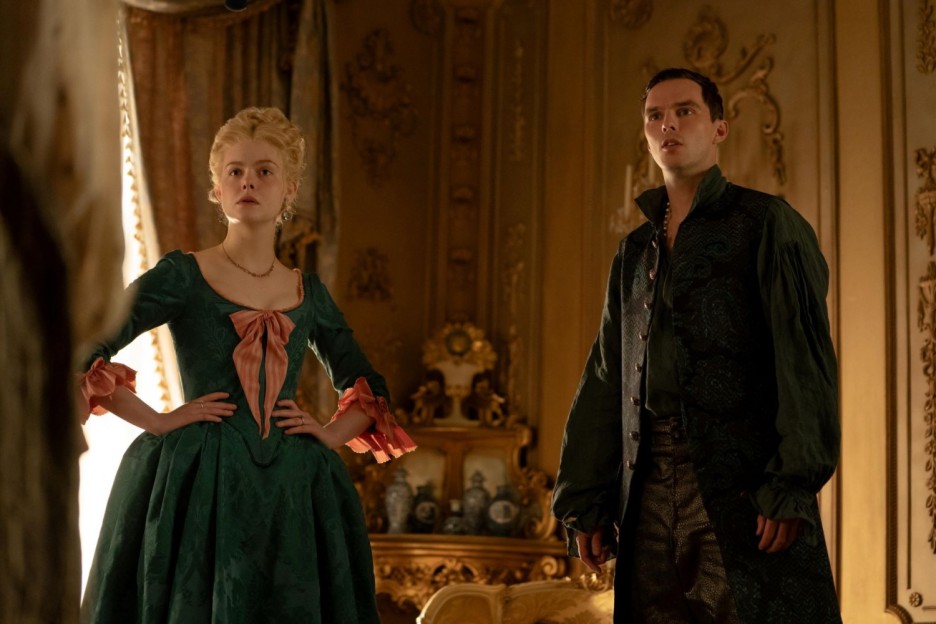
While sticking to the high road may be impossibly challenging at times, it is always better than stooping to the low one. It is difficult to lead with a head and heart full of optimism and good intention when the surrounding environment is constantly professing a lack of belief in you, your ideas, and your ability to get things done. Based on the words and counsel of others it may be easy to believe that diverting off of the path of optimism and goodness is the only way to accomplish the goals at hand. In a world full of pessimism, the optimist may feel insane. This insanity is tiring. At the end of season two of The Great, Catherine discovers that Peter slept with her mother and, in doing so, her mother fell out of a window and died. Now, most would find it difficult to remain on the moral high ground after that. We cannot blame Catherine, who finds herself in the throws of a world in which bloodshed is considered the obvious solution to most problems, for losing herself and deciding she needs to murder Peter. However, when Catherine stabs who she believes to be Peter to what she believes is death, her first instinct is to break down, weeping, mortified over what she did. When the real Peter enters, she embraces him, relieved to see him alive. The murder, the acting in violence in a way in which her heart was not involved, was wrong. Misery and destruction do not have to be the way of the world if people set their hearts and minds on changing it. While many, even in Catherine's inner circle, painted sinking to this lower level an emblem of strength and power, the true strength lies in remaining optimistic, eyes set on the future, tethered to the high road.
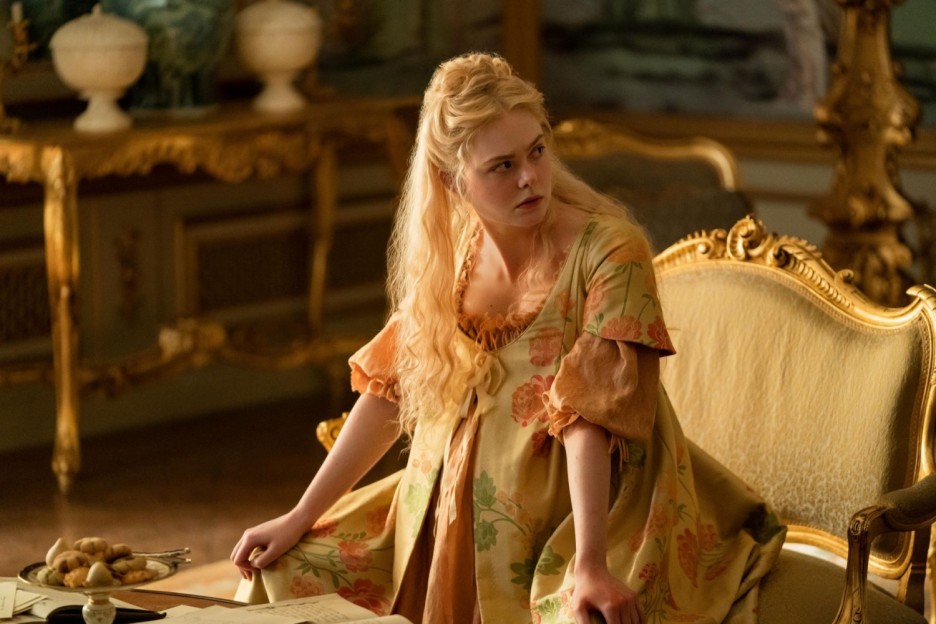
Optimism, hope, and emotion are qualities that, especially in times of higher stakes and crucibles of pressure, have often been conflated with ignorance, weakness, and, most unfortunately, women. Through The Great we are shown that this so-called weakness is actually a strength. In a world that is constantly shrouded in darkness, hardship, and troubles, staying positive while also being open to the world is one of the most difficult things a person can do. Positivity is not a denial of all that is wrong. It is the belief that with hard work, faith, and dedication, things that are wrong can be made right. It is the story of strength and joy, optimism and forgiveness. In this way the power of The Great rings resonate among the din of other streaming services. It is a powerful homage to what it means to believe.
Also, I'd love to see Catherine the Great and Ted Lasso have a conversation with each other...Just saying.






